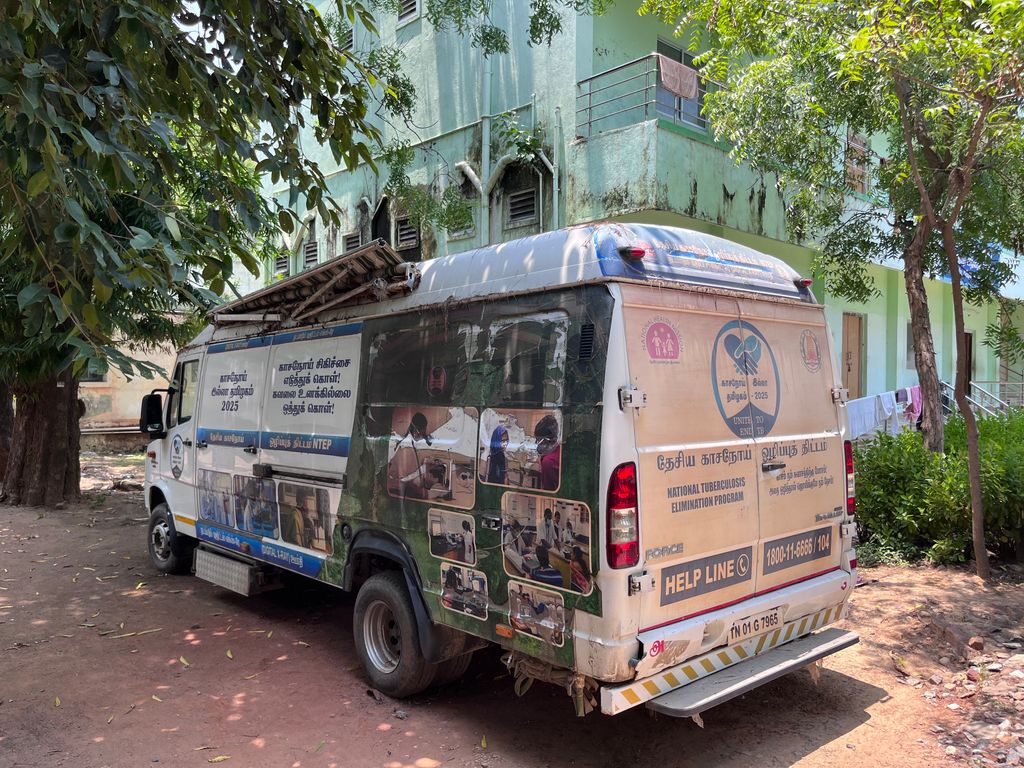Food Insecurity May Have Driven Increased TB Mortality During the COVID-19 Pandemic
Research team visiting patient home to conduct nutritional assessments. L to r: Nurse Bhubhaneshwari, Social Worker Damotharan, Ms. Lili Steel, Dr. Pranay Sinha.
Research
Food Insecurity May Have Driven Increased TB Mortality During the COVID-19 Pandemic
During the COVID-19 pandemic, tuberculosis (TB) mortality surged for the first time in two decades. While these increases were widely attributed to disruptions to TB services, such as diagnostic delays and treatment interruptions, a new study suggests that we may have overlooked the impact of food insecurity during pandemic lockdowns.
Using individual interviews and focus group discussions, researchers from Boston University, Jawaharlal Institute of Postgraduate Medical Education and Research, and London School of Hygiene and Tropical Medicine, found that 78% of households had no income, 67% resorted to distress financing to afford food, and 44% changed their diets—often by eating less or substituting less nutritious foods during the COVID-19 lockdowns in Southern India. Given the well-established link between undernutrition and TB progression, these findings raise important concerns about how food insecurity during crises may fuel TB-related deaths.
 Mobile x-ray van in Tamil Nadu, India.
Mobile x-ray van in Tamil Nadu, India.
 Pranay Sinha
Pranay Sinha“For much of the pandemic, we focused on service disruptions to explain the rise in TB mortality, but our study highlights another critical factor—nutritional shocks,” explained corresponding author Pranay Sinha, MD, assistant professor of medicine at Boston University Chobanian & Avedisian School of Medicine. “Decades of research have shown us that undernutrition increases the risk of TB progression among household contacts and increases the risk of death among persons with TB.”
The study was conducted as part of the TB LION (Tuberculosis – Learning the Impact of Nutrition) project, which provided six months of nutritional support—including calorie-dense food baskets—to household contacts of persons with TB in Puducherry and Tamil Nadu, India. Participants who received nutritional support reported improvements in food security, weight gain, and overall well-being, further underscoring the importance of food assistance during health crises.
According to the researchers, these findings highlight a crucial gap in pandemic response planning. “During crises like COVID-19, it is vital to address the emergency at hand, but we must also recognize and mitigate the nutritional shocks that can compound the crisis, particularly for vulnerable populations.” said Sinha. “Nutritional support must be a core component of emergency response strategies—not an afterthought.”
These findings appear in PLOS Global Public Health.